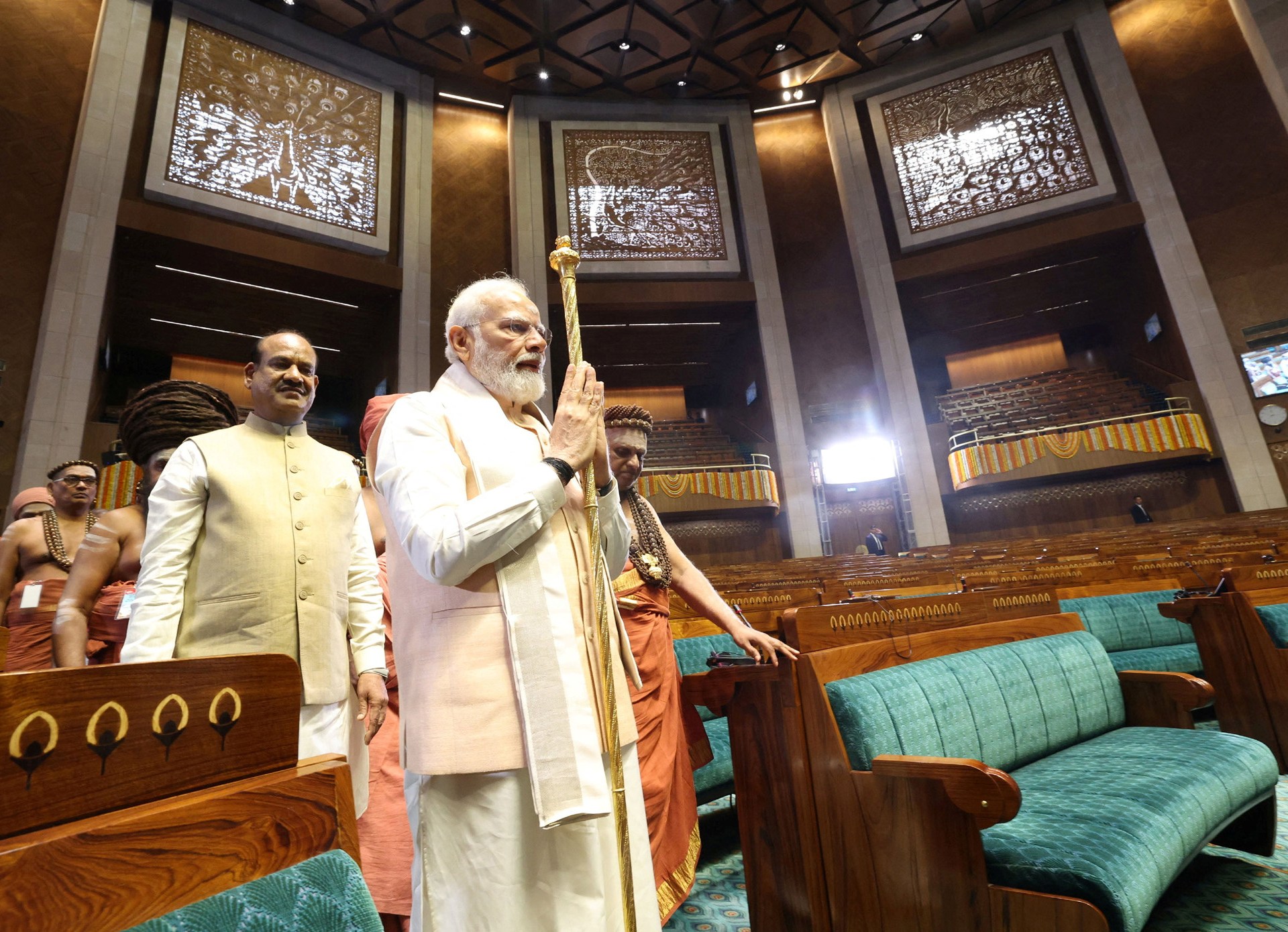‘The China Project’ media shuts, blaming ‘politically-motivated attacks’
Independent media outlet says it cannot attract funding after being accused of working for Chinese and US governments.
Taipei, Taiwan – The China Project, an independent media company known for its influential coverage of Chinese politics and society, has announced that it will shut its doors due to funding problems caused by “politically-motivated attacks”.
Editor-in-chief Jeremy Goldkorn said on Tuesday that the site’s coverage of China had become more important at a time of deteriorating United States-China relations but had also put “several targets on our backs”.
“We have been accused many times in both countries of working for nefarious purposes for the government of the other,” Goldkorn and three other senior staff said in a statement on the site.
“Defending ourselves has incurred enormous legal costs, and, far worse, made it increasingly difficult for us to attract investors, advertisers, and sponsors. While our subscription offerings have been growing strongly and steadily, we are not yet in a position to rely on these revenues to sustain our operations. The media business is precarious, and the politically motivated attacks on us from various interested parties put us in an even worse situation.”
The statement said the company had begun legal proceedings to wind up the company and would provide a more detailed update next week.
The New York-based news site was founded in 2016 as “SupChina” and, along with its Sinica Podcast, is well-known and respected in China-watching circles.
In a testimonial posted on The China Project’s website, former US Ambassador to China Max Baucus described the outlet as “a jewel in the crown of China reporting”.
News of the site’s closure was met with shock and tributes from journalists and academics on social media.
Stephen McDonell, the BBC’s China correspondent, described the news as “depressing”.
“If anyone knows somebody with a big pot of money they wanna put to a good cause, here it is…” he wrote on X, formerly known as Twitter.
Tianyu Fang, a writer and researcher at Stanford University, said the outlet had “tried very hard to be reasonable, empathetic, and honest”.
William Nee, the advocacy coordinator at China Human Rights Defenders, praised the site’s “breadth of coverage and the humanitarian spirit of empathy”.
During its nearly eight-year run, the China Project published more than 1,800 articles each year, drawing on 235 writers from 35 countries, according to its website.
The company also expanded into events, such as the annual NextChina conference, and the corporate records database ChinaEdge.


